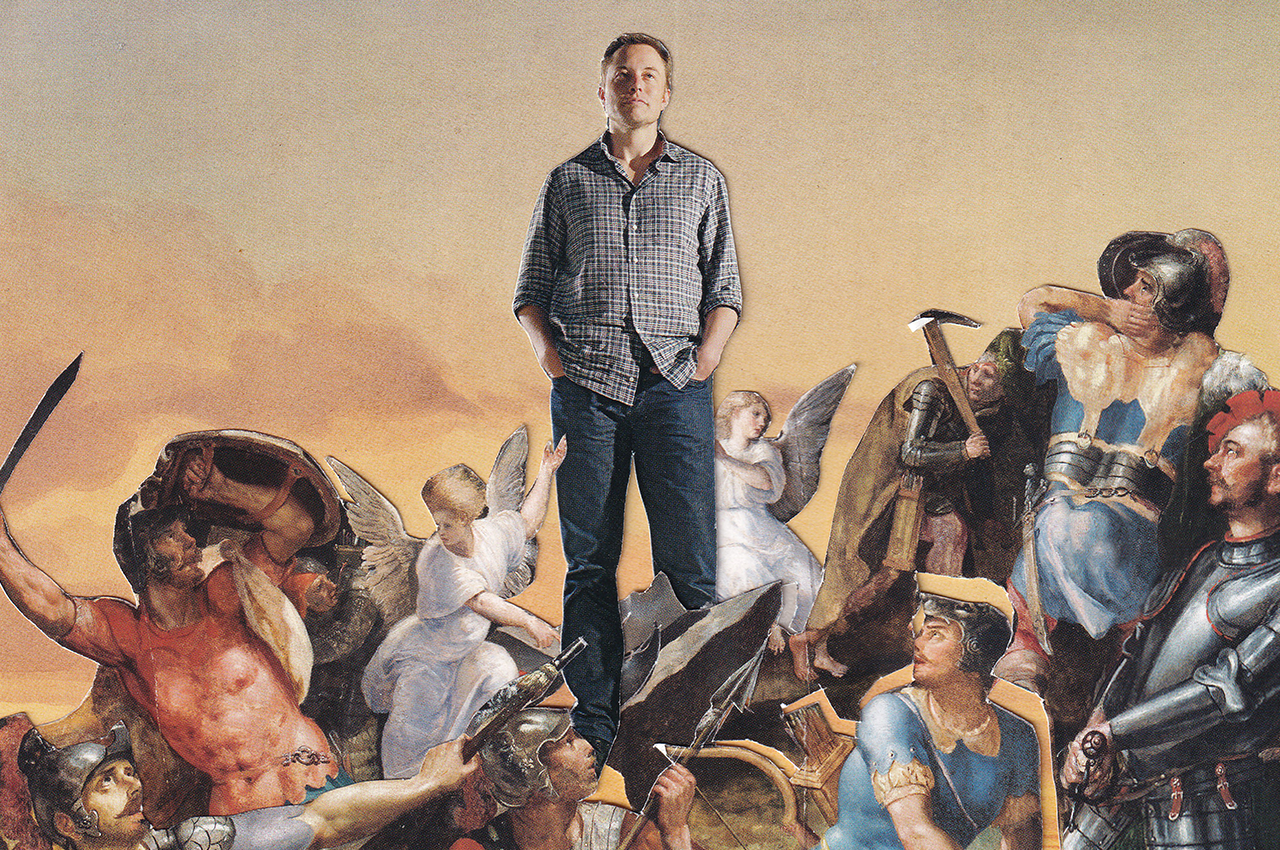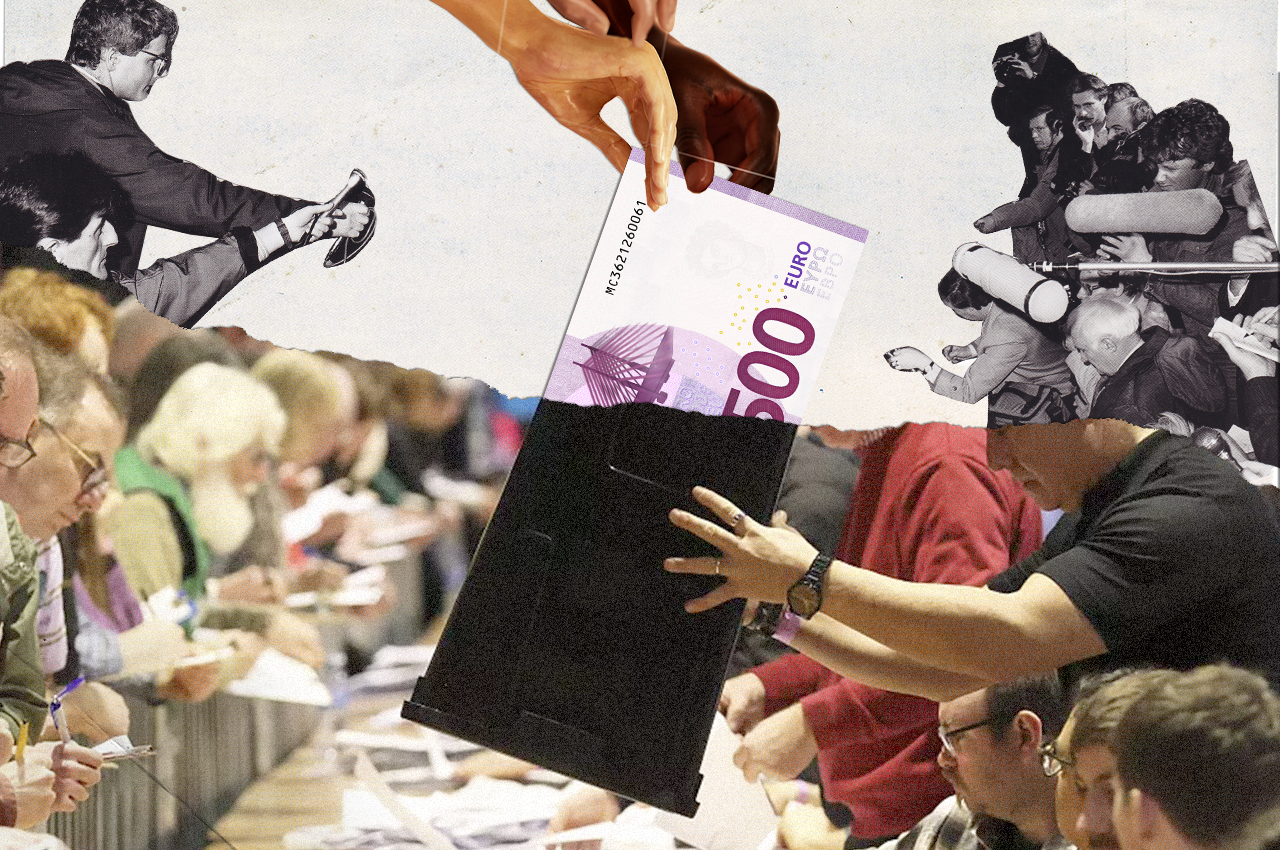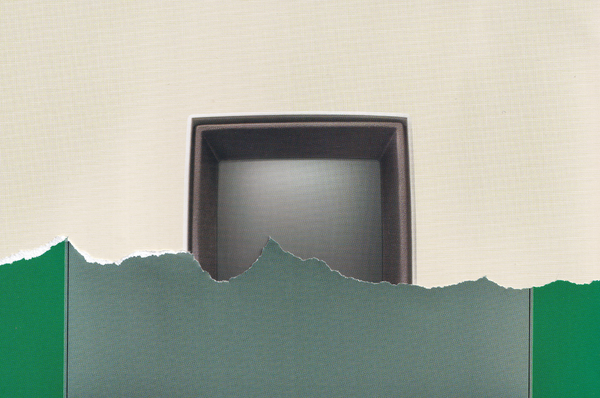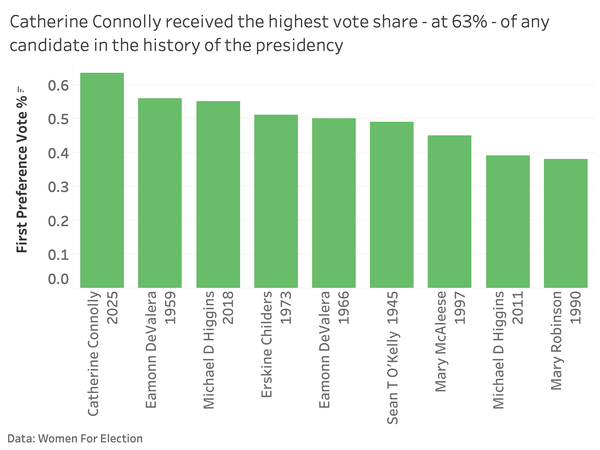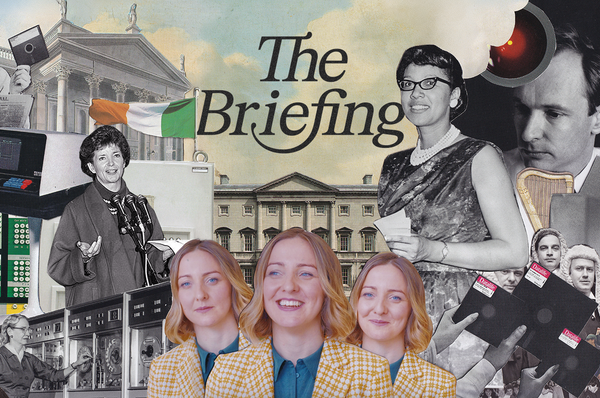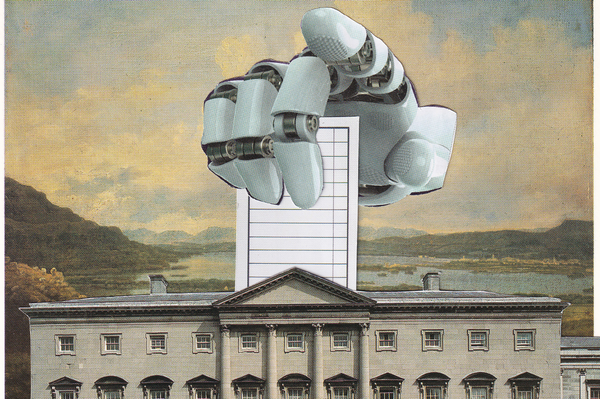Campaigning likes it 1999 (when it feels like its 1938)
How do you run a political campaign without digital ads? I asked two of our best campaign gurus what we might expect.
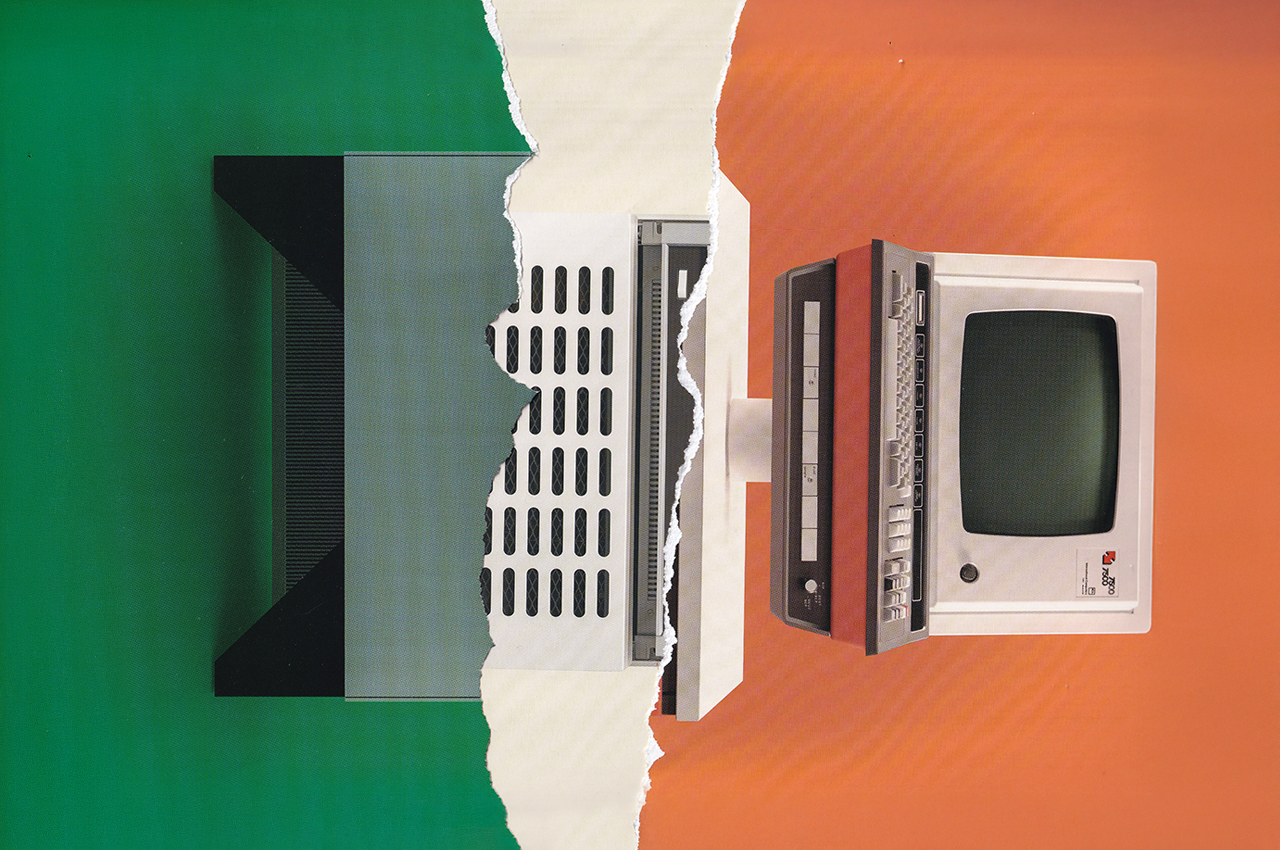
But first:
Does this election even matter when the world has gone insane?
Being very honest, with Russian drones encroaching from the east and escalatory political violence seeping in from the west, it all feels very 1938, while our election feels... parochial.
So this morning I returned to Fintan O’Toole’s piece this week, the best explanation of what the Presidency actually is. It is long and Fintonian, but worth it:
"Our day-to-day politics have become narrowly pragmatic, managerial and almost value-free…With the Church losing all moral authority and secular rulers devoted merely to shooting the rapids of daily events while slaloming around difficult choices, the presidency has been the only consistent voice for the articulation of higher aspirations."
Then the killer line:
"If the Republic still has a soul, it hovers somewhere around the president."
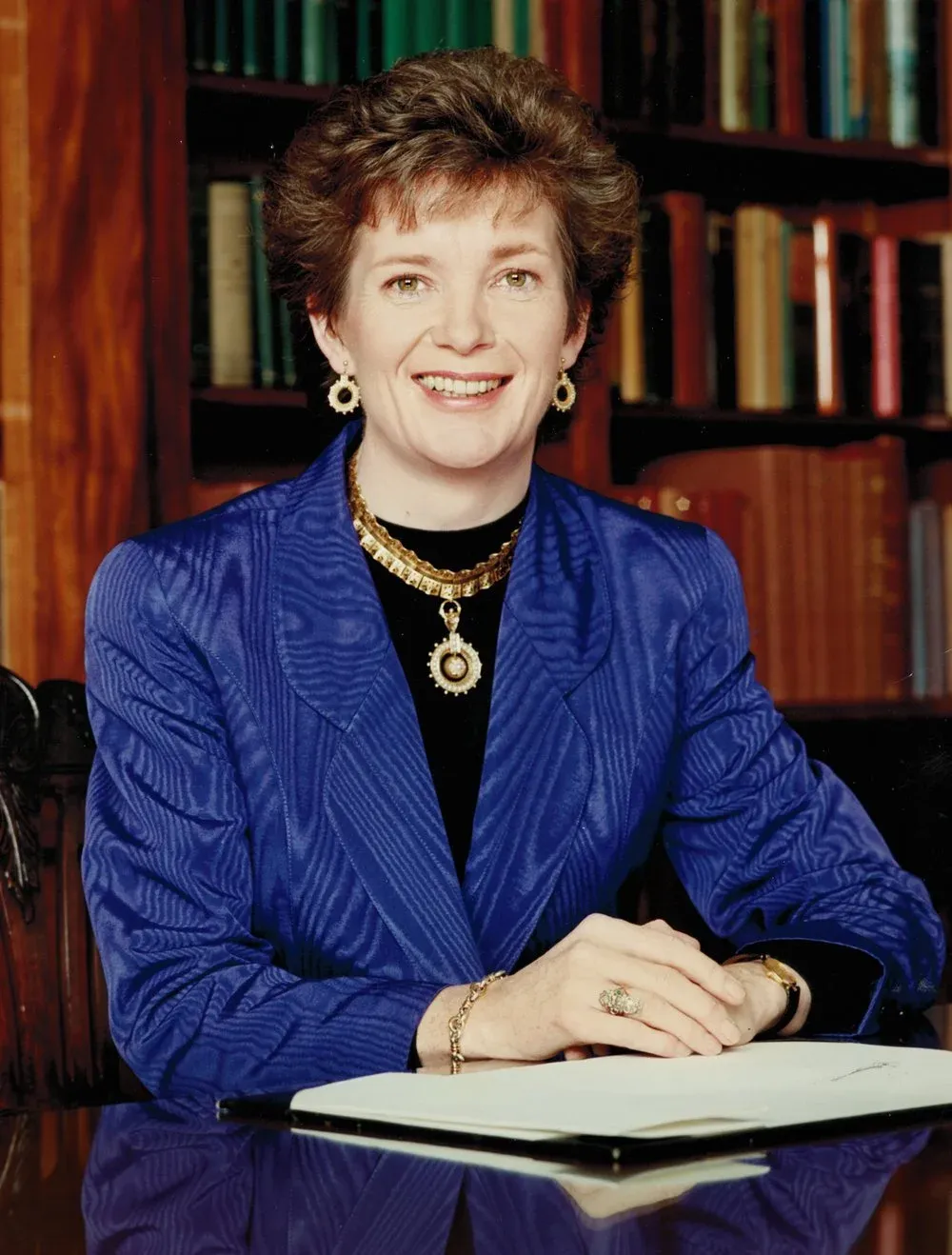
Despite everything I believe Ireland can be an anchor of sanity in the world, and whoever ends up in the Aras will be essential to that.
So let's get to it.
How do you run a political campaign in 2025 without digital ads?
We are about to find out!
New EU rules on digital campaigning kick in on October 10th, and rather than comply, basically all of the major digital ad platforms have decided to “ban” ads from at least that date (more on this in a previous post).
So for the first time since the pre-Obama era candidates are going to have to figure out campaigning without buying online reach.
I called up two very smart digital campaign gurus based here in Ireland but working internationally to get their predictions for what the future might hold.
Back to the 90s
Clare O'Donoghue Velikić, whose agency ODV Digital has advised many an Irish and international political campaign, thinks that for the main candidates “campaigning will be like the 90s again”
“It’ll be radio interviews, posters on lampposts, maybe the occasional screw up or mic drop in a tv debate which goes viral, mainstream news reports on social”.
So what about that large cohort of people, especially younger folks, who navigate the world through their phones?
According to Clare “mostly people will not hear from the campaigns through digital channels”. Unless, she says, “there’s a ‘wild card’candidate who gets a nomination”. Then it will be a different story;
“their social content, non-paid, will go insanely viral all the time and it will become the story”.
All about brand
Sam Jeffers, founder of WhoTargetsMe who monitor political ads globally, thinks the new world order will favor those who have the charisma and social media nous to thrive on the 2025 internet.

This means those who can build a personal brand (a la Zohran Mamdani) or are able to command attention through stunts or jokes (UK’s Lib Dems last year, also, to an extent, Mamdani) will be at an advantage.
For this election though, Sam doesn’t see any of the current candidates standing out in that regard; but,
“if anyone can build a bit of a personal brand in the time available, it'll probably serve them well”.
A further move towards independents?
Save any Mandanis or firebrands popping up between now and when nominations close of September 24th, Sam sees the impact of this being one to watch more for future election:
“Longer term, that sort of personal brand seems like it'll be a big advantage. Parties aren't exactly strong in Ireland already, and this could help independents and others outside the mainstream.”
Good content
The Mamdani campaign has been endlessly analysed for lessons, including in the NYT by Nate Cohn, the New Yorker, the Guardian and even as far afield as Alliance Magazine, the philanthropy trade publication. Una Mullally did one too through an Irish lens
****
I enjoy the “surrealing in the years” column on The Journal - and Carl Kinsella captures the dangers of us all giving fringe candidates legitimacy in the scrum around the election:
“Maybe before rewarding these people with the slate of media appearances they so obviously crave, we should wait until they say something more substantial than: “I want to be the president”. You know, the same way NASA doesn’t give out job interviews to five-year-olds just because they say they want to be an astronaut.”
ICYMI:
